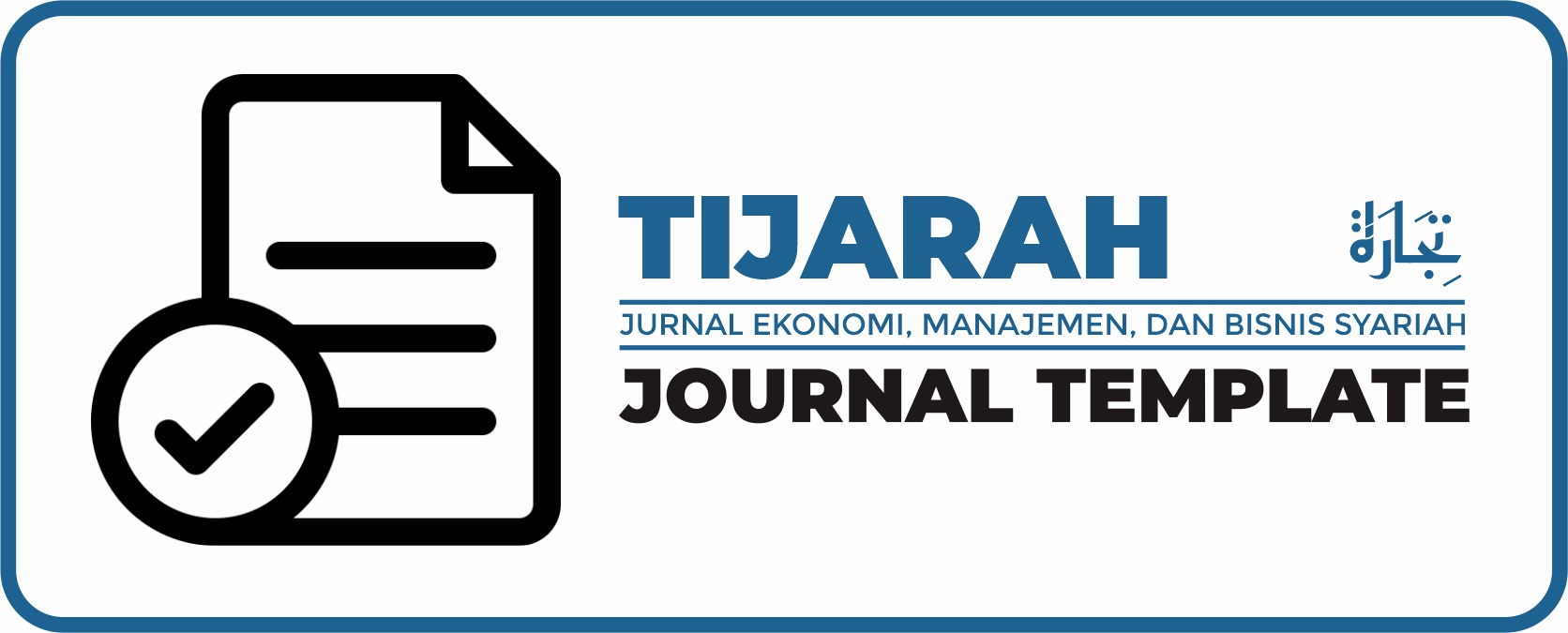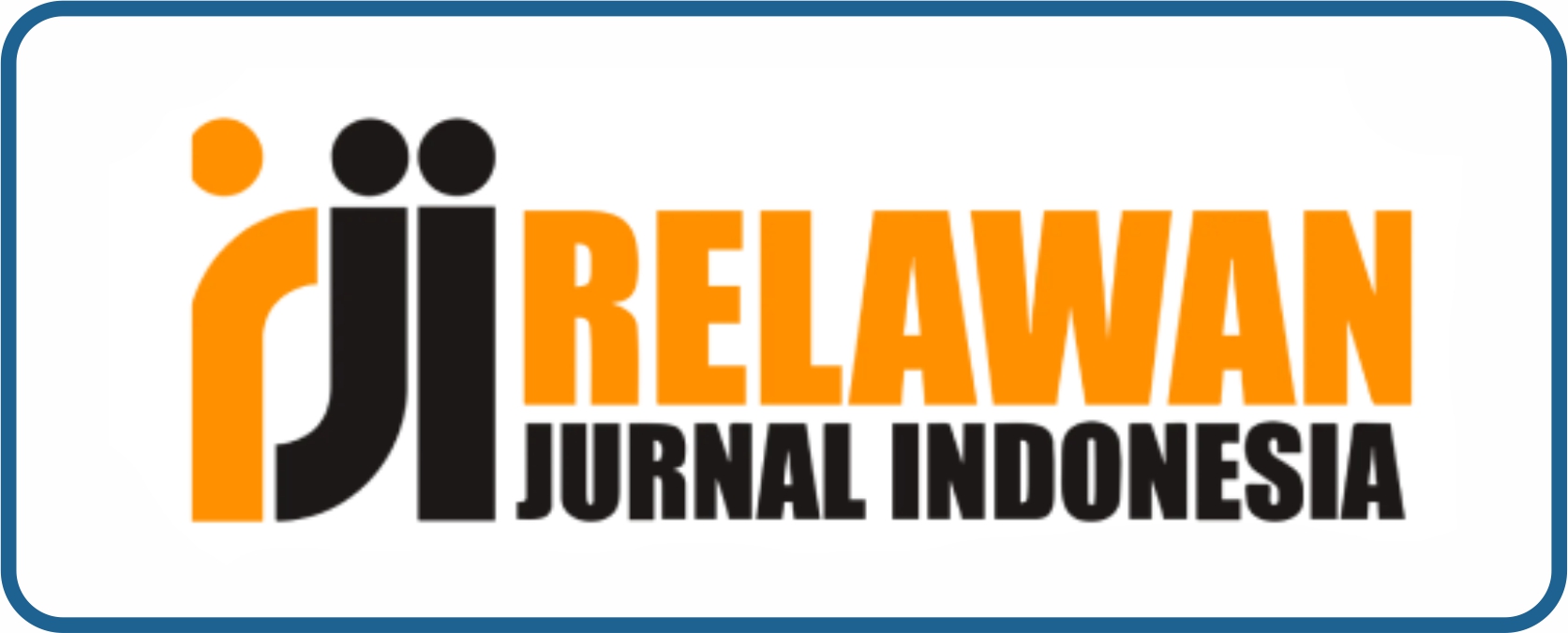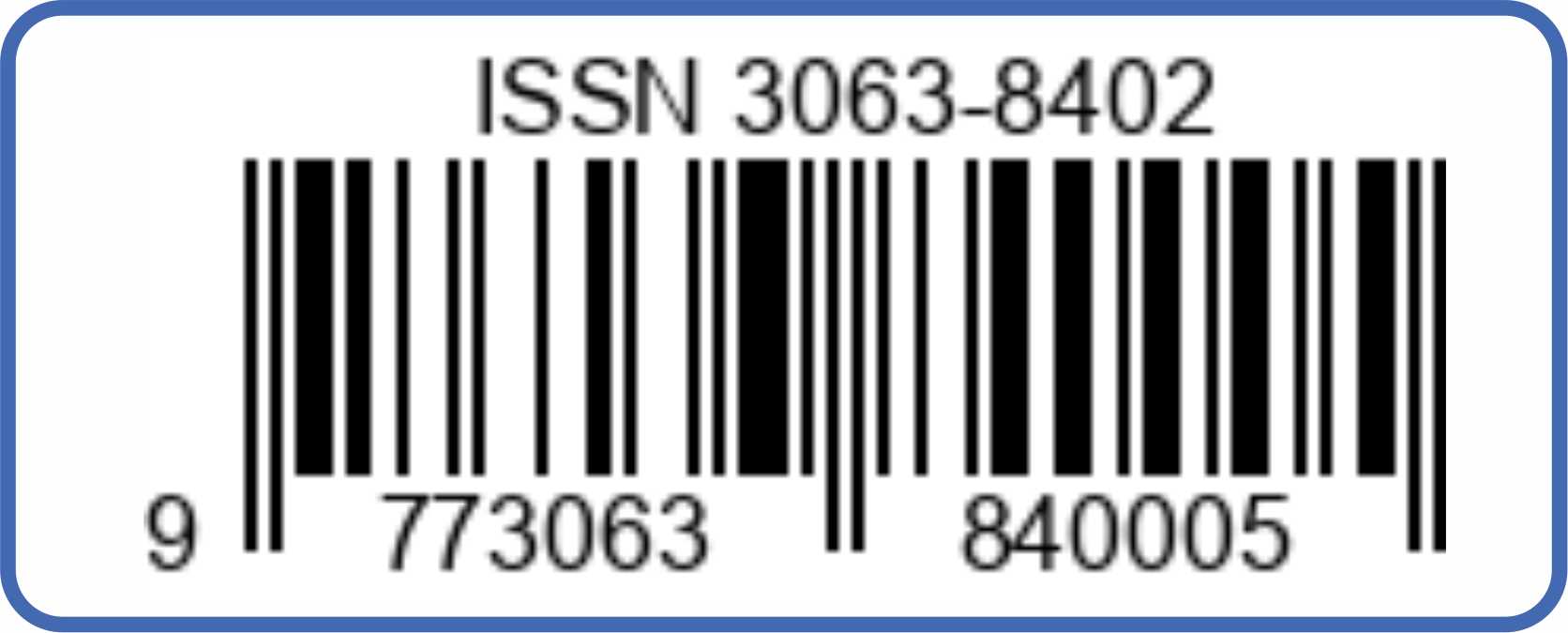Waqf Based Sustaining Entrepreneurship: An Analytical Mechanism (Malaysia Example)
Kewirausahaan Berkelanjutan Berbasis Wakaf: Sebuah Mekanisme Analitis (Contoh di Malaysia)
Keywords:
Entrepreneurship, Sustainable Entrepreneurship, Cash WaqfAbstract
Understanding entrepreneurship's role in the economy requires breaking down the concept itself. Entrepreneurship is crucial for growth and development, serving as a powerful tool for capacity building at both global and individual levels, ultimately driving economic progress. Sustainable financial mechanisms are essential for supporting initiatives that address socio-economic challenges faced by disadvantaged communities. One such financial mechanism in Islam is cash waqf, which is integral to the Islamic financial system. This paper analyzes how waqf funds can sustain entrepreneurship. Using qualitative methods, the study will explore the underlying reasons and mechanisms, aiming to provide innovative financial instruments through the waqf sector. The findings may offer valuable insights for government and private institutions, such as JAKIM and MAIS, to enhance economic development planning linked to entrepreneurship.
Downloads
References
Ahmed, Habib. "Waqf-based microfinance: realizing the social role of Islamic finance." World Bank (2007): 6-7.
Alam, Md Mahmudul, Shawon Muhammad Shahriar, Jamaliah Said, and Mohammad Monzur E Elahi. "Waqf as a tool for rendering social welfare services in the social entrepreneurship context." Global Journal Al-Thaqafah 2018 (2018): 87-98.
Ali, Ariffhidayat. 2009. Waqf Continued Relevance As The Third Sector In Terms Of Mobilizing Resources For Productive Use In An Islamic Economic System. INCEIF
Chemin, Matthieu. "The impact of the judiciary on entrepreneurship: Evaluation of Pakistan's “Access to Justice Programme”." Journal of Public Economics 93, no. 1-2 (2009): 114-125.
Datta, U. K. "Entrepreneurship of Local Government for Rising Fund in Building National Economy." Fellowship Research, SSRC, Planning Division, Ministry of Planning, Government of Bangladesh, Sector 6 (2017): 106-212.
Harun, Farra Munna. "The Role of Zakat and Cash Waqf To The Moslem Development Countries Economics System: Case Study Indonesia." Penerbit Universiti Kebangsaan Malaysia (2014).
Hennink, Monique, Inge Hutter, and Ajay Bailey. Qualitative research methods. Sage, 2020.
Ibrahim, H., Afizar, A., Masron, and T. A. Cash Waqf: An Innovative Instrument for Economic Development. International Review of Social Sciences and Humanities Vol. 6, No. 1 (2013), pp. 1-7
Ibrahim, P, Asmak, Ab., Basir, S. A. 2010. Department of Shariah and Economics, Academy of Islamic Studies, University of Malaya, Malaysia. Department of Siyasah Shariah, Academy of Islamic Studies, University of Malaya, Malaysia.
Osman, Amirul Faiz, Sheila Nu Nu Htay, and Mustafa Omar Muhammad. "Determinants of cash waqf giving in Malaysia: survey of selected works." In Workshop Antarbangsa Pembangunan Berteraskan Islam V (WAPI-5), vol. 10. 2012.
Peverelli, P.J; Song, J. 2012.Chinese Entrepreneurship, A Social Capital Approach. Springer
Peverelli, P.J; Song, J. 2012.Chinese Entrepreneurship, A Social Capital Approach. Springer
Pitlik, Hans. "The path of liberalization and economic growth." Kyklos 55, no. 1 (2002): 57-80.
Rahayu, Eva Martha, dan Suryadi, Dede., 2004., Instrumen Amal Inovatif ala Dompet Dhuafa. Swa Magazine.
Robert W. Kates, Thomas M. Parris, and Anthony A. April, 2005. Leiserowitz. What is Sustainable Development? Goals, Indicators, Values, and Practice. Environment: Science and Policy for Sustainable Development, Volume 47, Number 3, pages 8–21
Schumpeter, Joseph A., and Richard Swedberg. The theory of economic development. Routledge, 2021.
Smith, Elin. "Explaining public entrepreneurship in local government organizations." State and Local Government Review 44, no. 3 (2012): 171-184.
Solow, Robert M. "A contribution to the theory of economic growth." The quarterly journal of economics 70, no. 1 (1956): 65-94.
Van den Berg, Hendrik. Economic growth and development. World Scientific Publishing Company, 2016.
Yacob. Y and Azmi. I. A. G. 2012. Entrepreneurs Personality from Islamic Perspective A Study of Succesful Muslim Entreptreneurs in Malaysia.
Downloads
Published
How to Cite
Issue
Section
License
Copyright (c) 2024 Farra Munna Harun, Bayu Taufiq Possumah

This work is licensed under a Creative Commons Attribution-NonCommercial-ShareAlike 4.0 International License.












